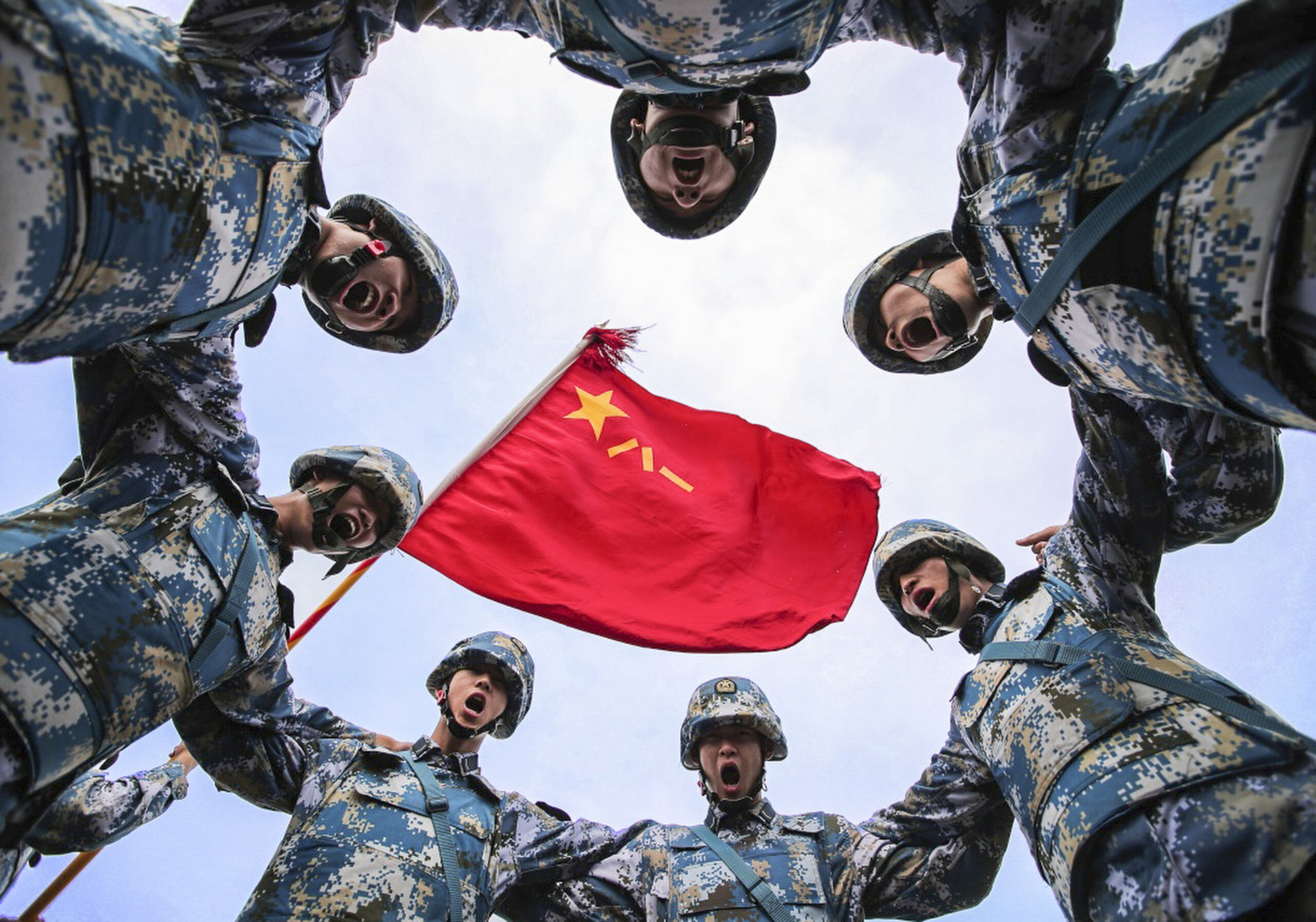by Richard Sanders in Tainan, Taiwan
In recent weeks, the Trump administration has rolled out a flurry of initiatives and controversies on the international stage, including imposing tariffs, slashing international aid budgets, and engaging in discussions with Vladimir Putin regarding the Ukraine conflict. However, the most significant long-term challenge for the U.S. remains its relationship with China. As the 2024 election campaign unfolds and Trump navigates his first weeks back in office, China has been actively consolidating its global influence.
In a notable shift, China has successfully swayed a growing number of countries to adopt a more confrontational stance against Taiwan, the self-governing island that Beijing claims as its own. While many nations have historically recognized China over Taiwan, a considerable number have recently endorsed a position that supports China’s efforts to unify Taiwan with the mainland. According to The Economist, approximately 70 countries have embraced this more assertive language.
Though this change may seem minor, it holds significant implications. Taiwan has long been a flashpoint in U.S.-China relations, and the new diplomatic language could provide China with international backing should it decide to use force. The Biden administration has worked to strengthen alliances in Asia to deter potential Chinese aggression towards Taiwan, yet the situation remains precarious. At times, President Biden has appeared to stray from the nuanced U.S. policy of “strategic ambiguity,” which aims to prevent Chinese attacks without encouraging Taiwan to declare independence. Recently, China conducted military exercises simulating a blockade of the island, heightening tensions.
Since taking office, Trump has not publicly outlined his Taiwan policy, although he has hinted at imposing tariffs on Taiwan’s semiconductor industry. His administration includes both hardliners, like Secretary of State Marco Rubio, and more conciliatory figures, such as Elon Musk. After a meeting with Japanese Prime Minister Ishiba Shigeru, Trump adopted a firmer stance on Taiwan, opposing any unilateral changes to the status quo. However, he has previously downplayed Taiwan’s resistance to Chinese pressure, raising concerns about possible compromises that could undermine Taiwan’s position.
The prospect of a full-scale Chinese invasion of Taiwan looms, with President Xi Jinping urging the military to be prepared for conflict by 2027. Alternatively, China may consider imposing a blockade or inspection regime aimed at crippling Taiwan’s economy without outright warfare.
China’s diplomatic strategy appears focused on reducing potential backlash in the event of military action. By garnering widespread international support for its claims over Taiwan, Xi may be attempting to complicate U.S. efforts to impose sanctions. The Western embargo on Russia, lacking broad international support, has proven difficult to enforce, suggesting that similar measures against China during a Taiwan crisis could face even greater challenges. Concurrently, China is also working to bolster its self-sufficiency in critical areas such as semiconductors and food supplies.
Trump’s return to the presidency, coupled with his transactional “America First” approach, raises concerns about the U.S. commitment to its Asian allies. China’s recent diplomatic gains regarding Taiwan serve as a stark reminder that, while the U.S. navigates its internal uncertainties, China is actively pursuing its strategic ambitions.


